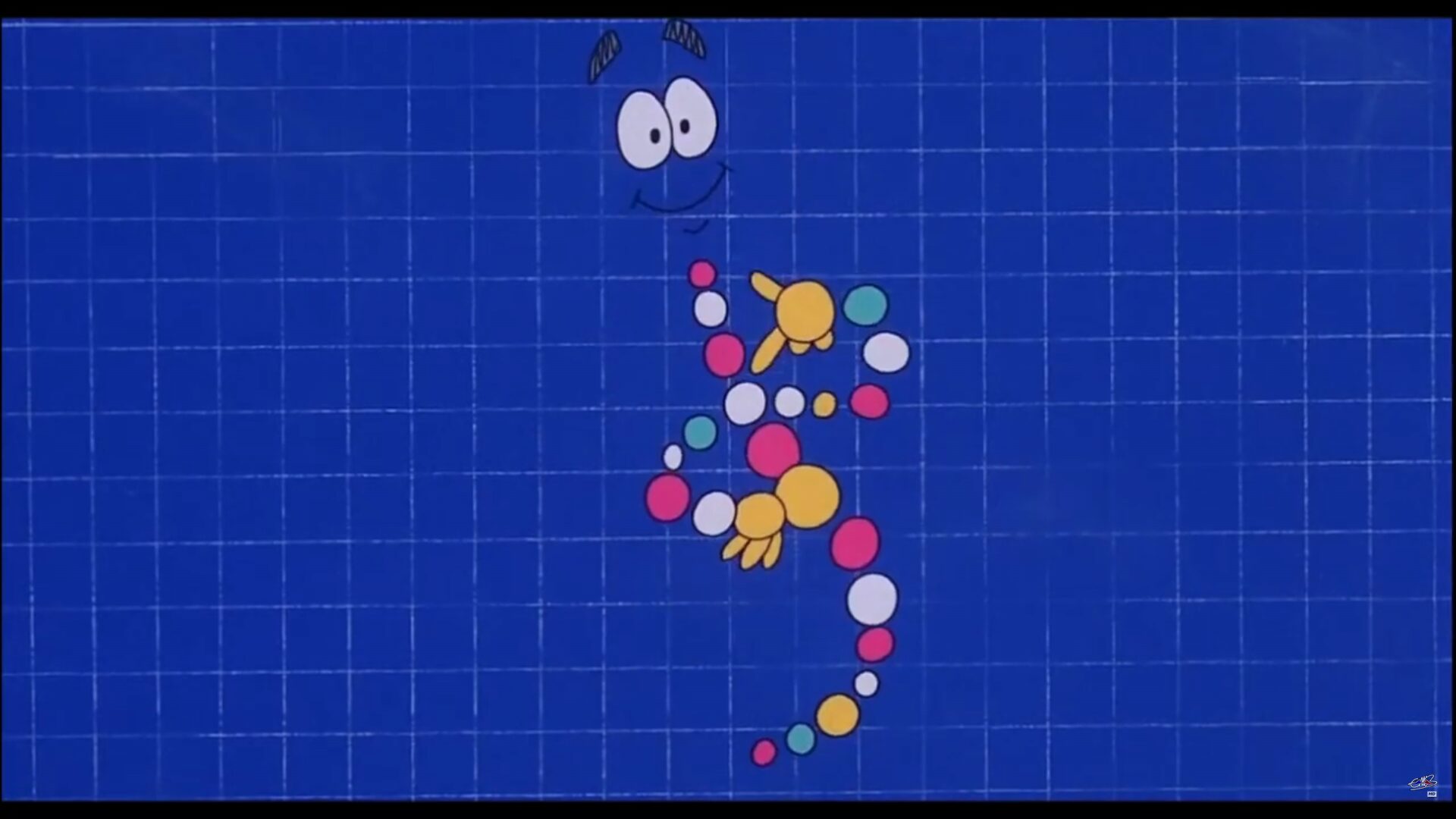Plus a bunch of other stuff.
Researchers at Columbia University and the New York Genome Center (NYGC) have created a technique that actually allows them to store data on DNA. According to them, it makes for the “highest-density data-storage device ever created”.
In a new study in Science, a pair of researchers at Columbia University and the New York Genome Center (NYGC) show that an algorithm designed for streaming video on a cellphone can unlock DNA’s nearly full storage potential by squeezing more information into its four base nucleotides. They demonstrate that this technology is also extremely reliable.
DNA is an ideal storage medium because it’s ultra-compact and can last hundreds of thousands of years if kept in a cool, dry place, as demonstrated by the recent recovery of DNA from the bones of a 430,000-year-old human ancestor found in a cave in Spain.
“DNA won’t degrade over time like cassette tapes and CDs, and it won’t become obsolete—if it does, we have bigger problems,” said study coauthor Yaniv Erlich, a computer science professor at Columbia Engineering, a member of Columbia’s Data Science Institute, and a core member of the NYGC.
Erlich and his colleague, Dina Zielinski managed to code 6 files onto DNA. Among them: a full computer OS, 1895 French film Arrival of a train at La Ciotat, a computer virus (there may be some irony there), a Pioneer Plaque, a 1948 study by information theorist Claude Shannon, and a $50 Amazon gift card. All of which they were able to successfully retrieve using modern sequencing technology
They say that, despite their test amounting to only 2MB of data, this type of storage could account for 215 petabytes of storage. But it’s a bit more of a distant future thing at the moment, as it’s not exactly cost-efficient. It cost them $7,000 to get the data onto DNA, and $2000 to retrieve it. But who knows; the future of data storage may be organic.

